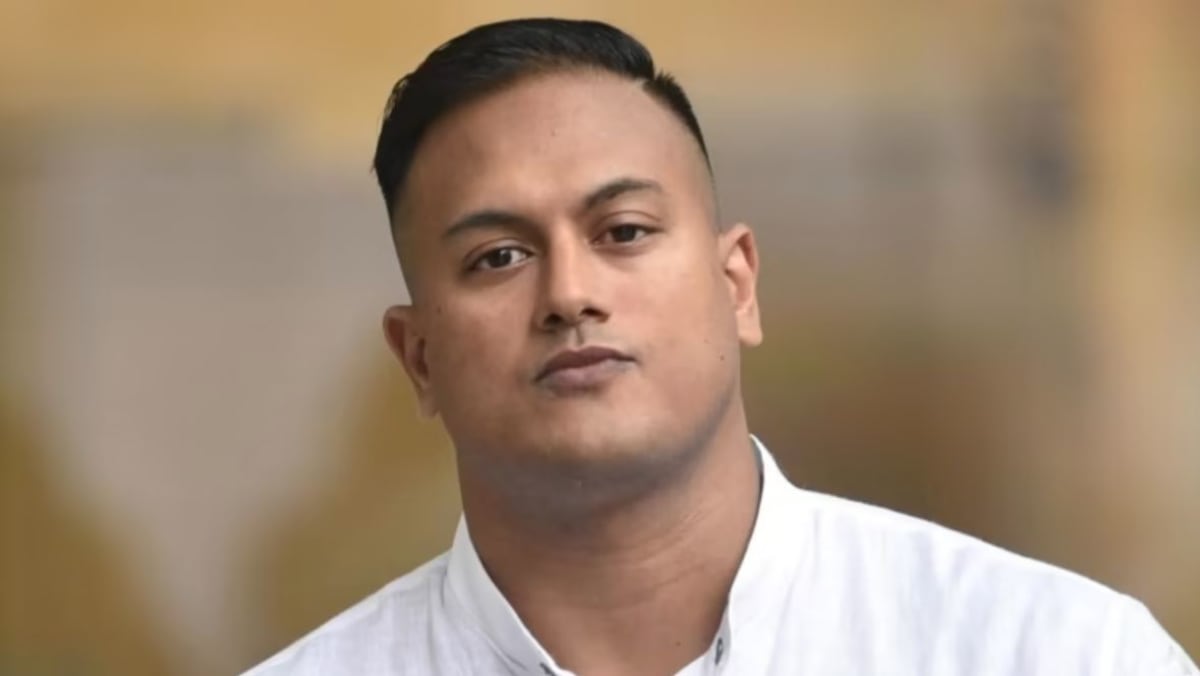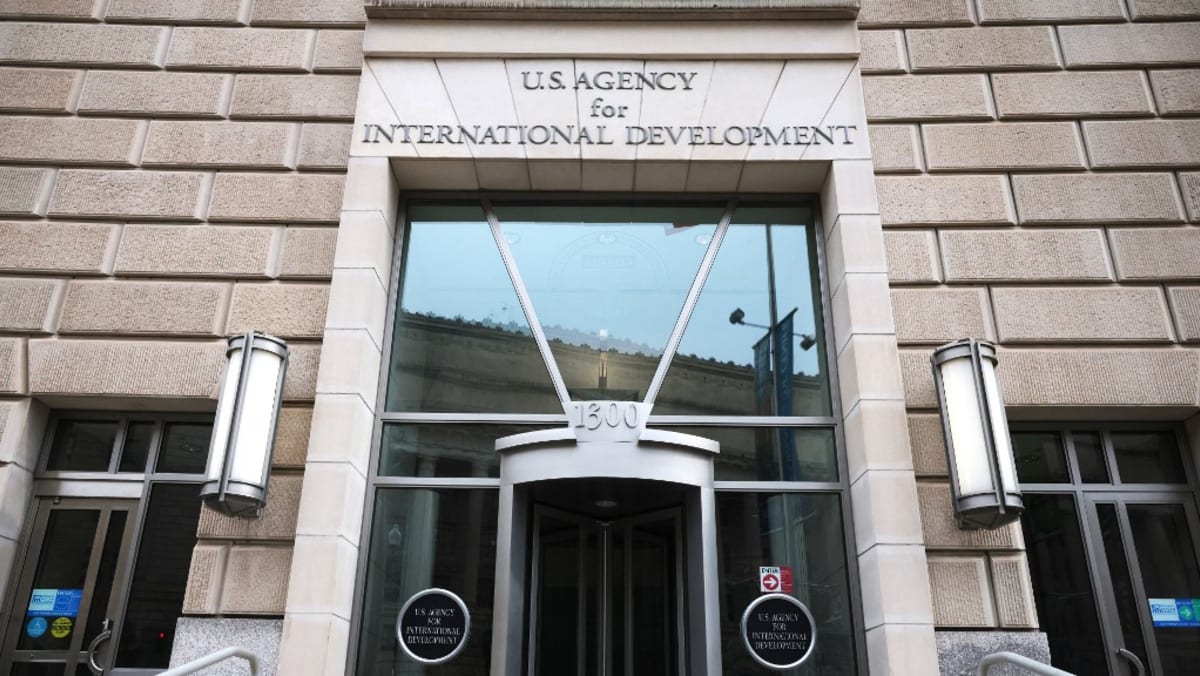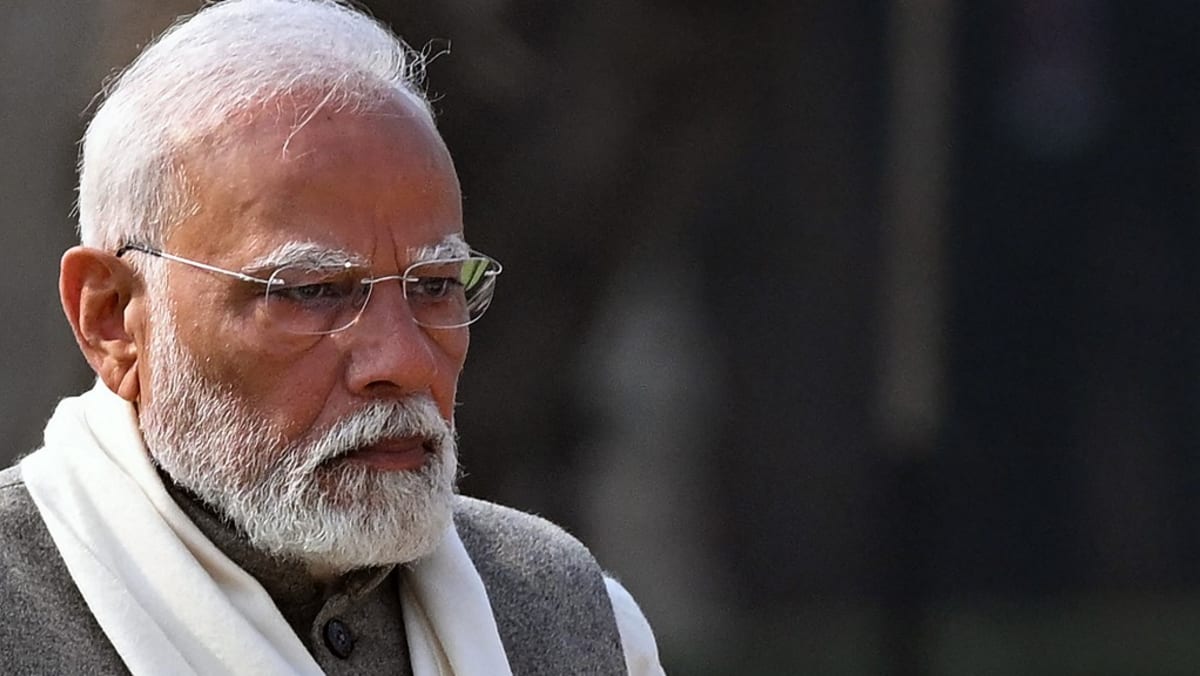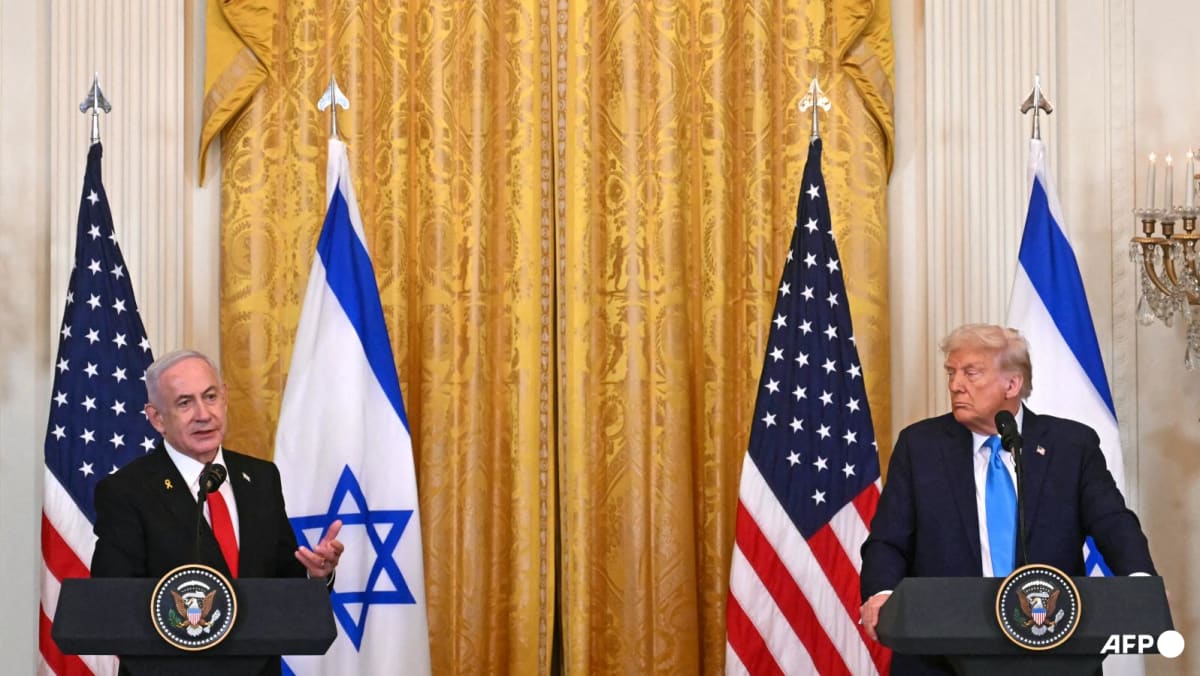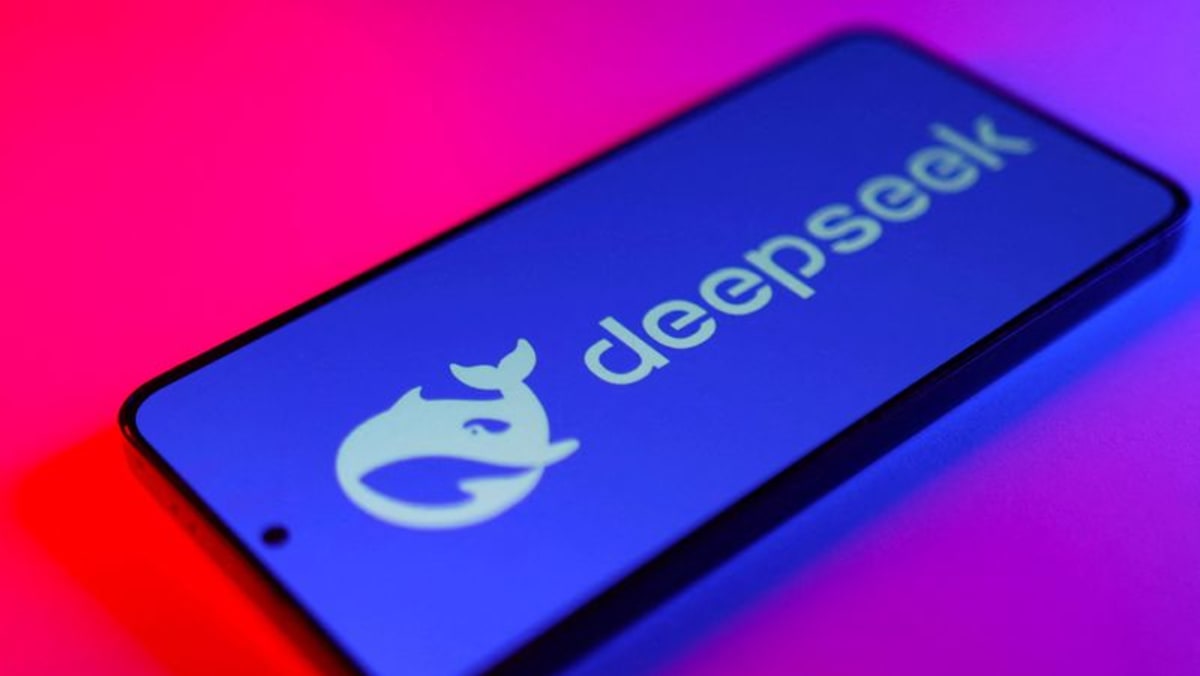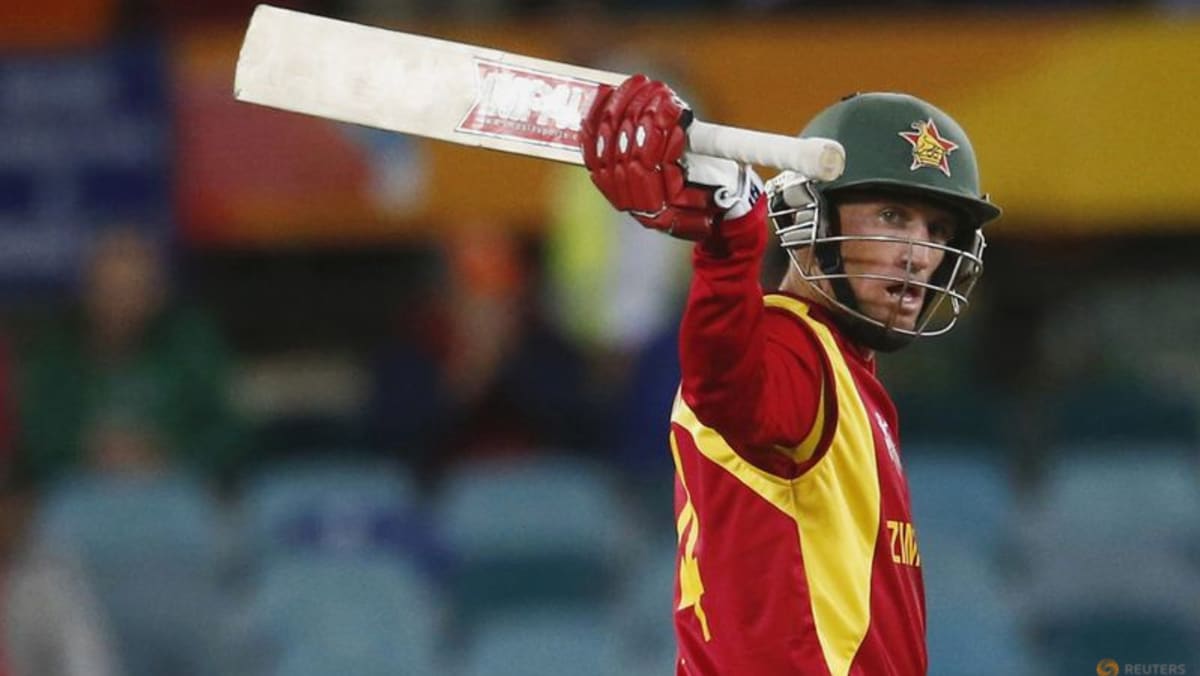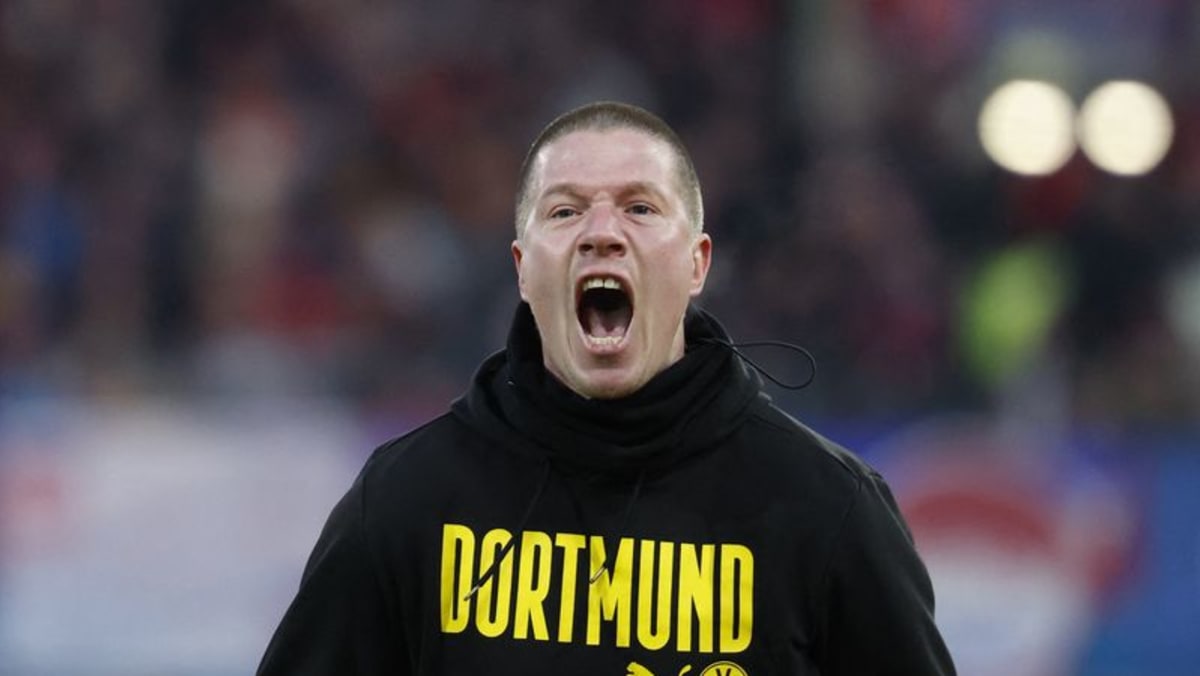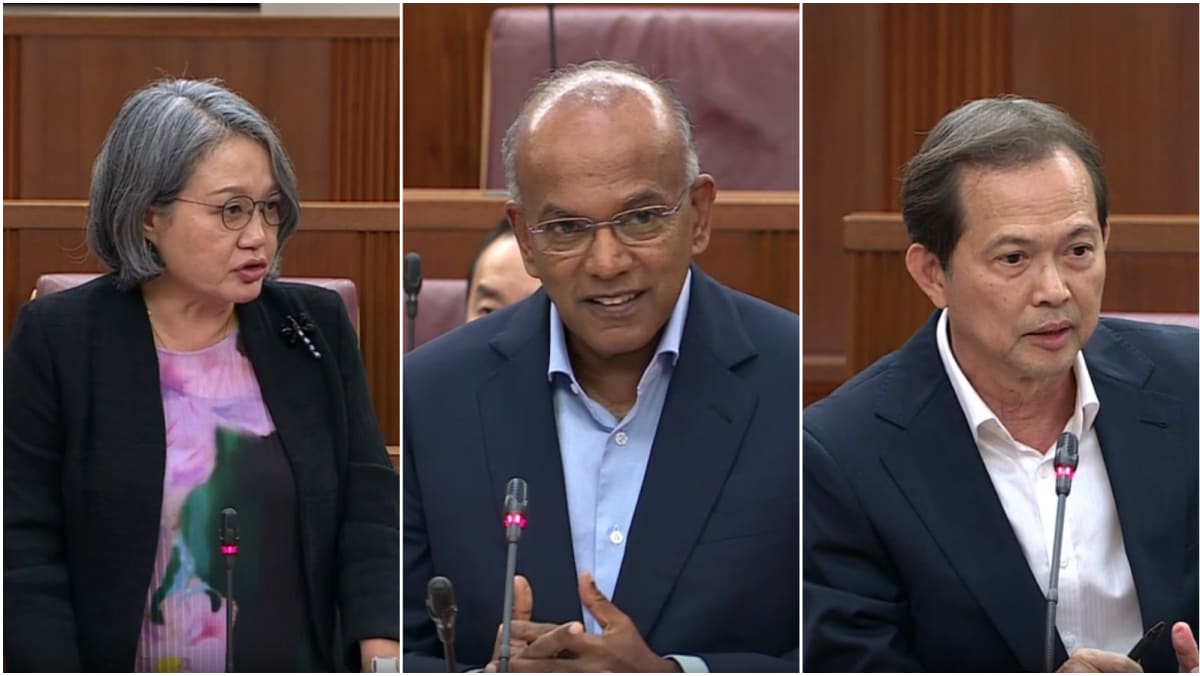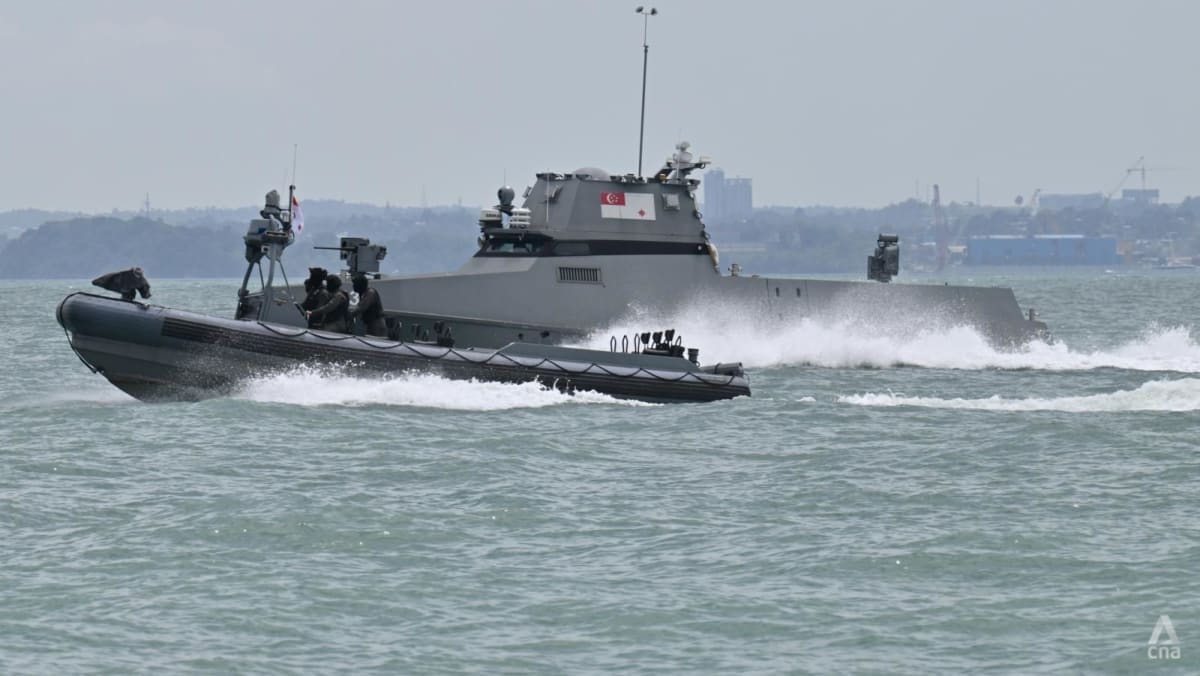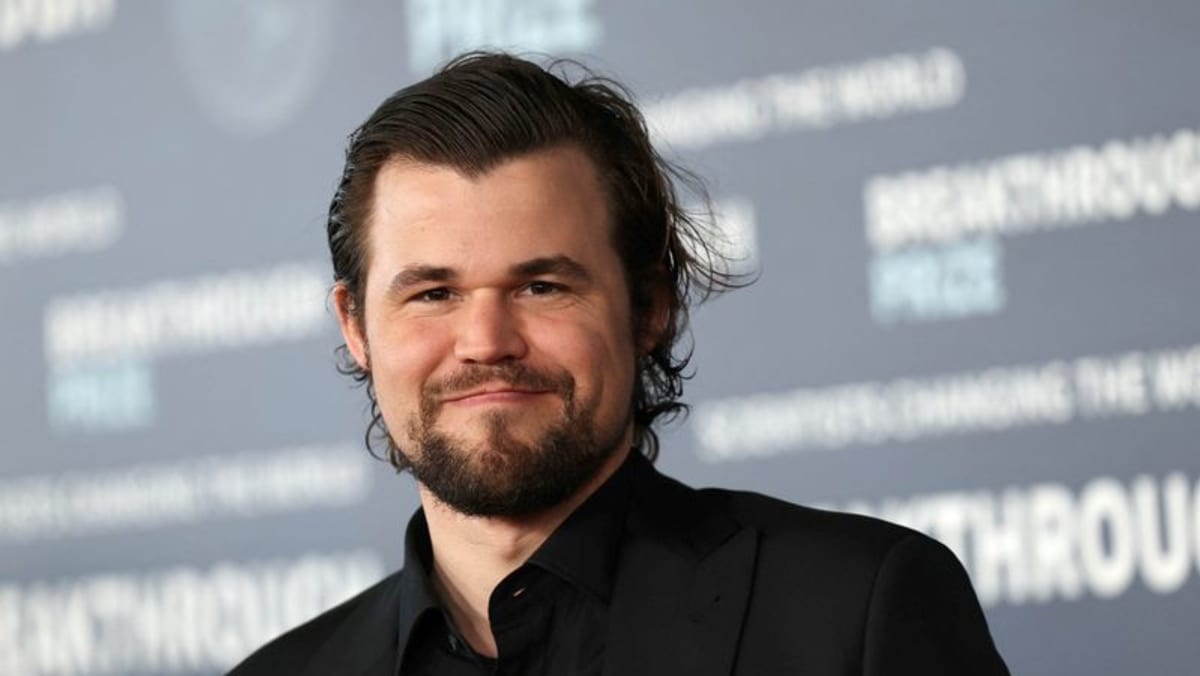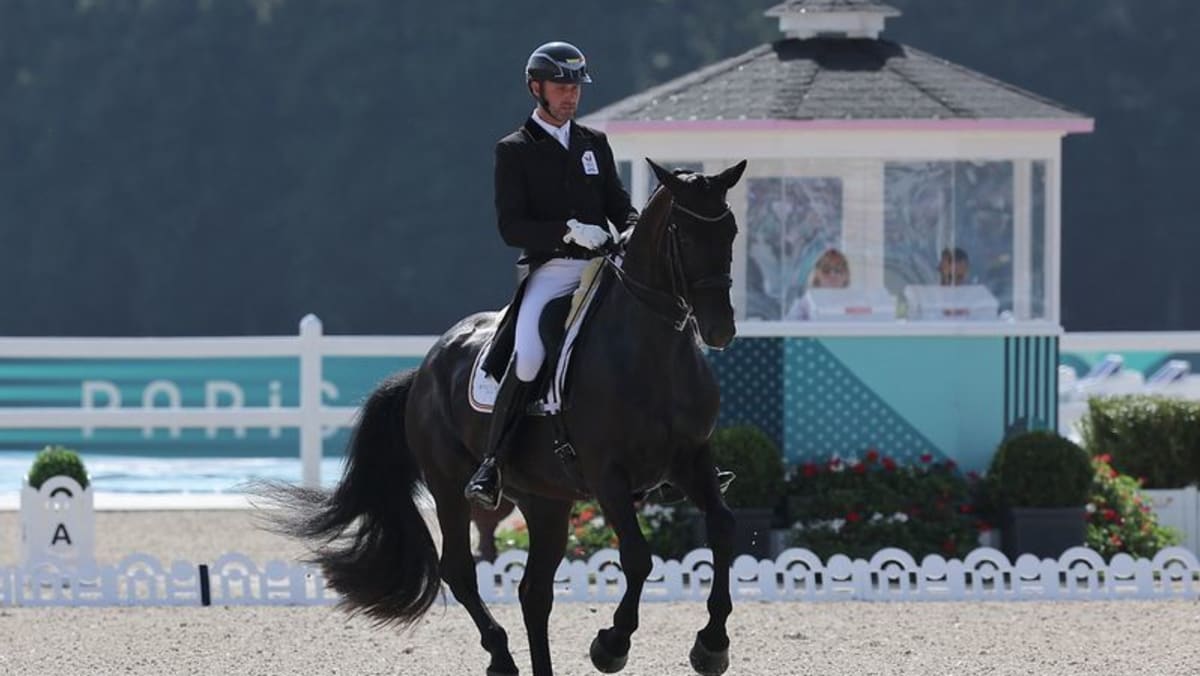This was the last time the country was under martial law, up until last week’s shock and short-lived declaration by President Yoon Suk Yeol.

FILE- Seoul citizens walk beside an army tank on Saturday, Oct. 27, 1979, after martial law was declared following the death of President Park Chung-Hee. (AP Photo/Kim Chon-Kil, File)
New: You can now listen to articles.

This audio is generated by an AI tool.
SEOUL: Exactly 45 years ago, South Korea was placed under a military dictatorship following the assassination of then-President Park Chung-hee.
Chun Doo-hwan, an army major general, overthrew the government in a coup on Dec 12, 1979 before declaring martial law and ruling the country with an iron first for eight years.
For some, last week’s events brought back memories of this dark period.
President Yoon Suk Yeol stunned the nation on Dec 3 when he declared martial law, plunging Asia's fourth-largest economy into a constitutional crisis and sparking protests on the streets.
He rescinded the declaration six hours later after parliament voted to reverse it.
On Thursday (Dec 12), he defended his actions as a legal move to protect democracy in a televised address.
This came as the leader of Yoon’s own People Power Party said he showed no signs of resigning and must be impeached. The party blocked an attempt last week by opposition parties to impeach Yoon.
He faces a second impeachment vote in parliament, set to be held on Saturday.
PARALLELS BETWEEN THEN AND NOW
Experts said they see some parallels between what happened last week and almost half a century ago.
Chun had used martial law to suppress democracy movements and framed opponents as threats to national security.
When Yoon declared martial law, he said he was forced to issue the order “to defend the free Republic of Korea from the threats of North Korean communist forces”, and accused the opposition of “paralysing” his government and “undermining” the constitutional order.
However, Joseph Yi, an associate professor of political science at Hanyang University, said the situation was different this time around.
He noted that the similarities lie in both presidents portraying the opposition as enemies, and their own parties not supporting them.
“The clear difference is that (this time) we have a very different set of social norms in both the Conservative Party and the military that is strongly against exercising any form of violence against civilians,” he said.
“Unless the president was completely crazy – if he had any rational thought, then I think he would have known that this is not going to be a true coup d’etat.”
After the 1979 coup, Chun declared martial law across South Korea on May 17, 1980 to deal with student protesters.
South Koreans – especially pro-democracy activists in the southwestern city of Gwangju – took to the streets a day later. Military forces were sent in, and orders were given to fire into the crowds.
Gwangju residents banded together to fight. But Chun orchestrated a brutal military crackdown, quashing the uprising.
Hundreds of protesters died.
In 1987, massive street protests forced Chun’s government to accept direct presidential elections. South Korea was then governed democratically for the first time in 1988.
 FILE- Police vehicle sprays tear gas at tens of thousands of student demonstrators in downtown Seoul, South Korea on Thursday, May 15, 1980. (AP Photo/Kim Chon-Kil, File)
FILE- Police vehicle sprays tear gas at tens of thousands of student demonstrators in downtown Seoul, South Korea on Thursday, May 15, 1980. (AP Photo/Kim Chon-Kil, File)
BRINGING BACK MEMORIES
For many citizens, Yoon’s actions brought back memories of this coup. The country has a dark political past, having been under authoritarian rule for nearly three decades before becoming a democracy.
One Seoul resident told CNA: "At first, I felt a bit uneasy. I thought, 'Is this another part of something like the Chun Doo-hwan era'?
“I wondered, 'Could they really be repeating what happened back then'?”
Another resident called Yoon’s move “humilitating” and an insult to the South Korean people.
More have also been turning to Netflix to try to make sense of the turmoil – the film 12.12: The Day, which depicts the events of the 1979 coup, has topped the streaming platform’s South Korean movie rankings since last week.
SAFEGUARDS IN CONSTITUTION
As the nation moved towards democracy, South Korea’s 1987 Constitution introduced several key safeguards.
These include limiting the president to a single five-year term, to prevent a prolonged concentration of power seen during authoritarian regimes.
Another safeguard is having legislative oversight of executive actions, such as the power to impeach the president with a two-thirds majority in the National Assembly and overturn a martial law decree with a simple majority vote.
 A participant holds up a banner with writing reading "Overthrow the rebellion criminal Yoon Suk Yeol", during a rally to demand South Korean President Yoon Suk Yeol's impeachment, outside the National Assembly in Seoul, South Korea, Wednesday, Dec. 11, 2024. (AP Photo/Ahn Young-joon)
A participant holds up a banner with writing reading "Overthrow the rebellion criminal Yoon Suk Yeol", during a rally to demand South Korean President Yoon Suk Yeol's impeachment, outside the National Assembly in Seoul, South Korea, Wednesday, Dec. 11, 2024. (AP Photo/Ahn Young-joon)
With these latest events, Yi warned that liberal democracies backslide when partisans view their opponents not as legitimate rivals, but as harmful enemies of democracy and the nation.
“This is something that worries me because I see the same pattern, so I'm very wary about the politics of stigmatisation and suppression,” he said.
“We should all be careful about that, because right now, it's so easy to use this … kind of moral panic to stigmatise and suppress your opponents.”
Lawmakers have debated for years whether there is a need to amend the Constitution.
A key proposal is allowing presidents to serve a second term, but to reduce the length of each term from five years to four – similar to the United States.
While supporters of this say it would allow more stability in policies, it would mean a departure from the single-term system meant as a safeguard against prolonged control of power.
It remains unclear if it will still find support following Mr Yoon's martial law attempt - which now serves as a reminder to South Koreans of their hard-fought democracy.

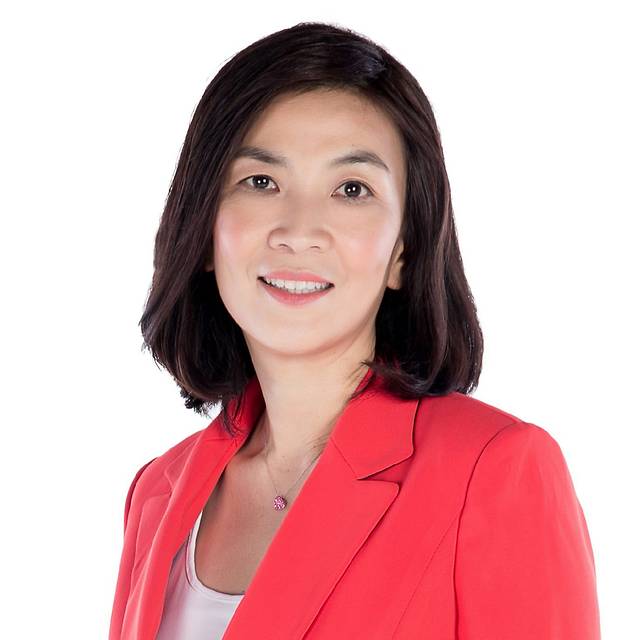

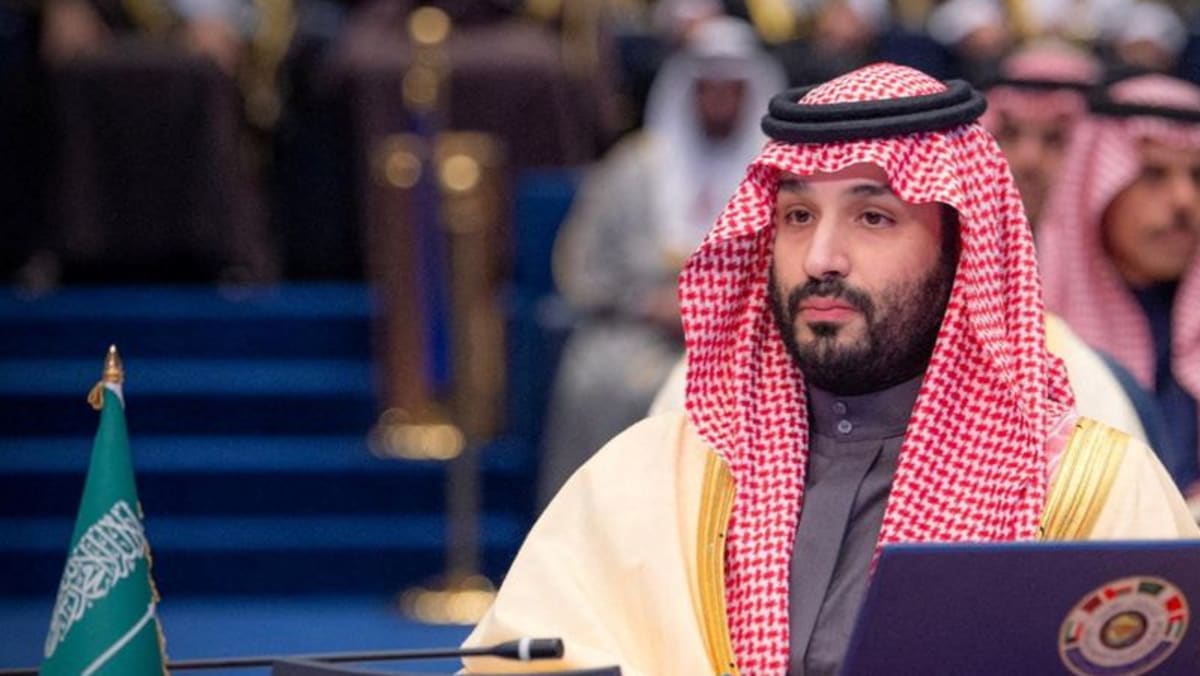
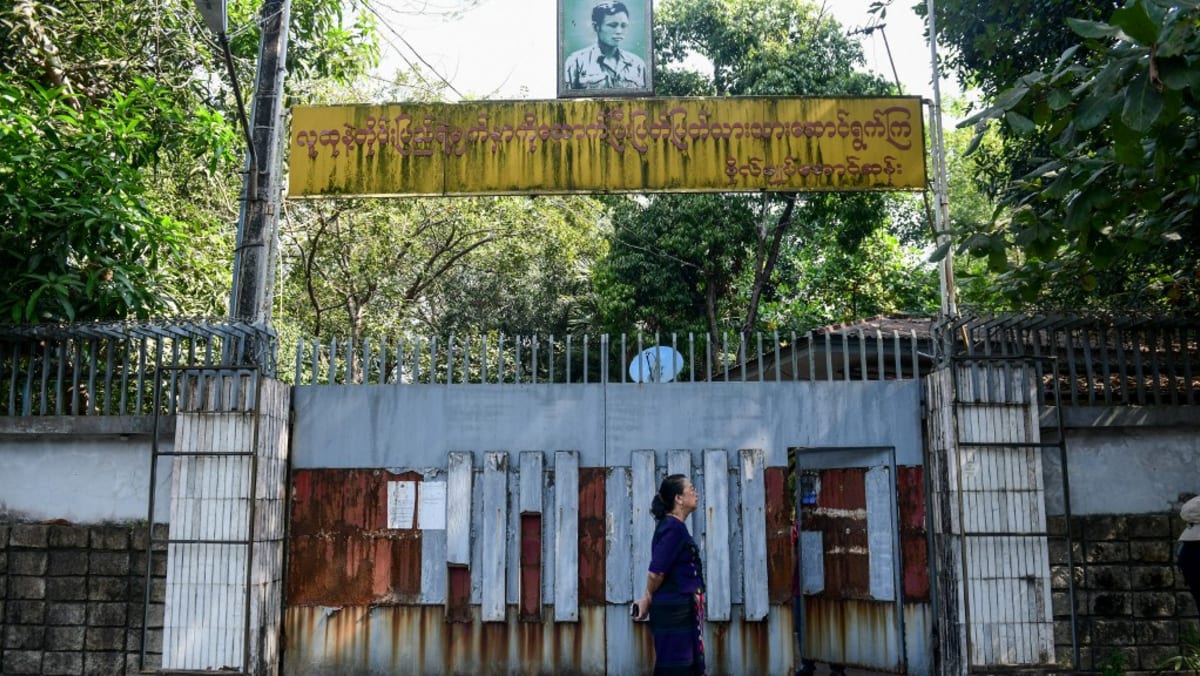
.jpg?itok=HVcXoYme)
